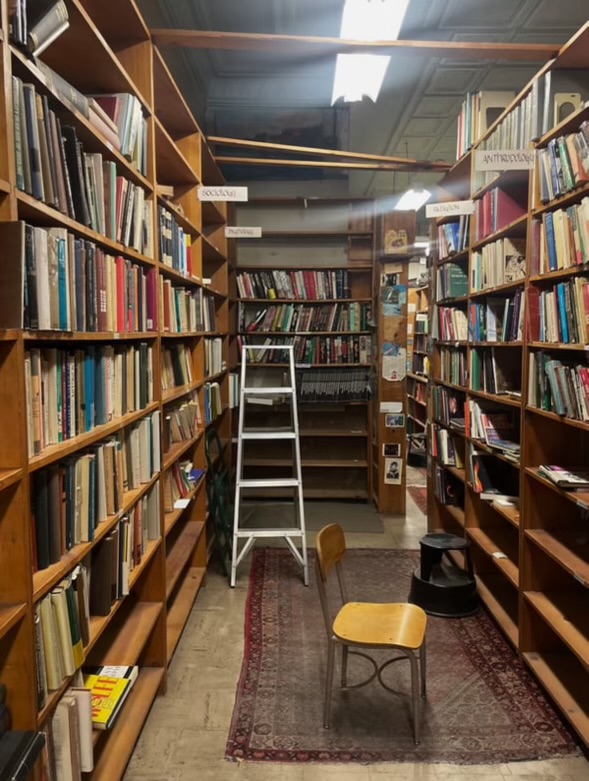
The Japanese Consul General of Chicago highlighted the importance of Japanese and United States relations Thursday during a lecture about preparing the two nations for the future.
When many students think about Japan, they think Pearl Harbor or Godzilla, but George Hisaeda has spent most of his career helping to bring the U.S. and Japan together.
“My training began early,” Hisaeda said. “Much of my generation spent much of our impressionable youth (in Japan) during the post-war period watching American television. America made a huge impression on me … I liked it because many of the characters were strong and brave, and always good-willed. That’s how my generation came to know this country. We cheered for your heroes.”
Hiseada said the Japanese know more about America than the Americans do about the Japanese, and instead Americans tend to focus on the Chinese.
He discussed a particular event in which a Chinese fishing boat in Japanese waters intentionally rammed a coast guard boat. He said the Chinese government did not take appropriate action and violated international law. The US strongly voiced its opinion and sided with Japan.
“[It was] extraordinary because the United States traditionally does not take a clear position on territorial matters. The situation was alarming,” Hisaeda said.
Many American companies now explore the option of opening in Japan, according to Hisaeda, because Japan offers a stable business environment governed by laws and regulations.
Businesses such as AFLAC and Krispy Kreme thrive in the Japanese market. He also stated that Toyota, a Japanese business that thrives in America, has been working hard to restore consumer’s confidence in the safety of its vehicles since the alleged faulty brake accidents last year.
Hisaeda cited the building of American high-speed rails as one area where Japanese technology could benefit the U.S.
“I’m trying to introduce our love of railway culture in the United States,” Hisaeda said. “If America’s high speed rail plan is implemented, and if a significant amount of Japanese railroad commodity is used, it would definitely be the largest U.S./Japan operation in this century.”
Hisaeda stressed the need to look long-term instead of short-term when it comes to high-speed rail.
“High speed rail is the most reliable way to travel between Midwest cities. Investment in the high-speed rail would reward taxpayers with a high return. It would provide economic benefits for decades to come…It’s not a question of if, but when, high speed rail comes here,” Hisaeda said.
Around 40 students and faculty members attended the lecture.
UW freshman Hannah Ball said she enjoyed Hisaeda’s lecture and found his points informative.
“I really liked hearing about what we’re lending to Japan and what they’re lending to us,” UW freshman Hannah Ball said.
UW history professor Jeremi Suri said he found the lecture revealing as well.
“There is a clear concern in Japan, as expressed by the Consul General, that the US is paying too much attention to China and not enough attention to Japan…it was a remarkably frank, critical portrayal of China,” Suri said. “He also made a very strong emphasis on the material economic interests of Japan and the US. Both sides need to cooperate for larger economic benefits.”












